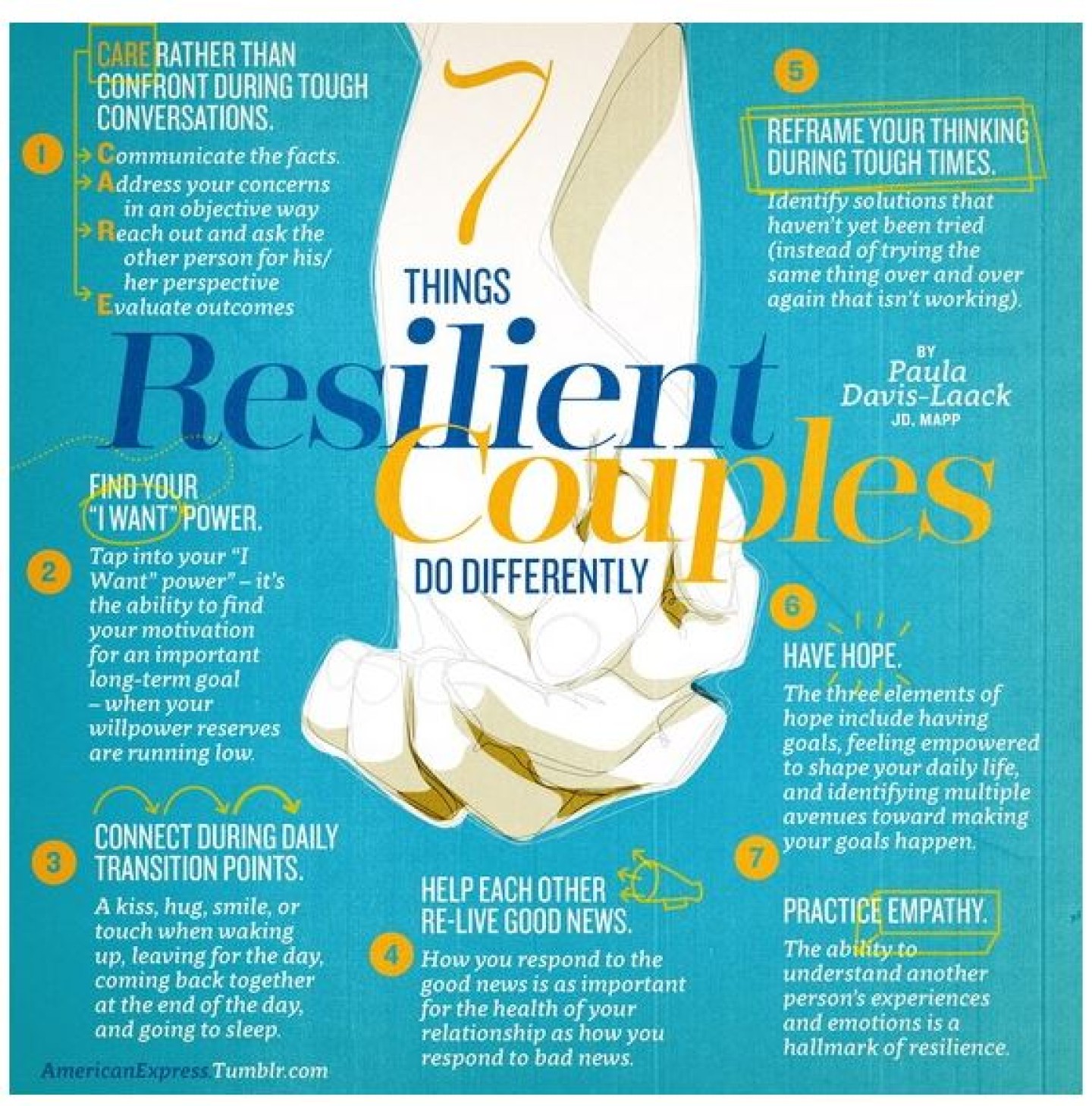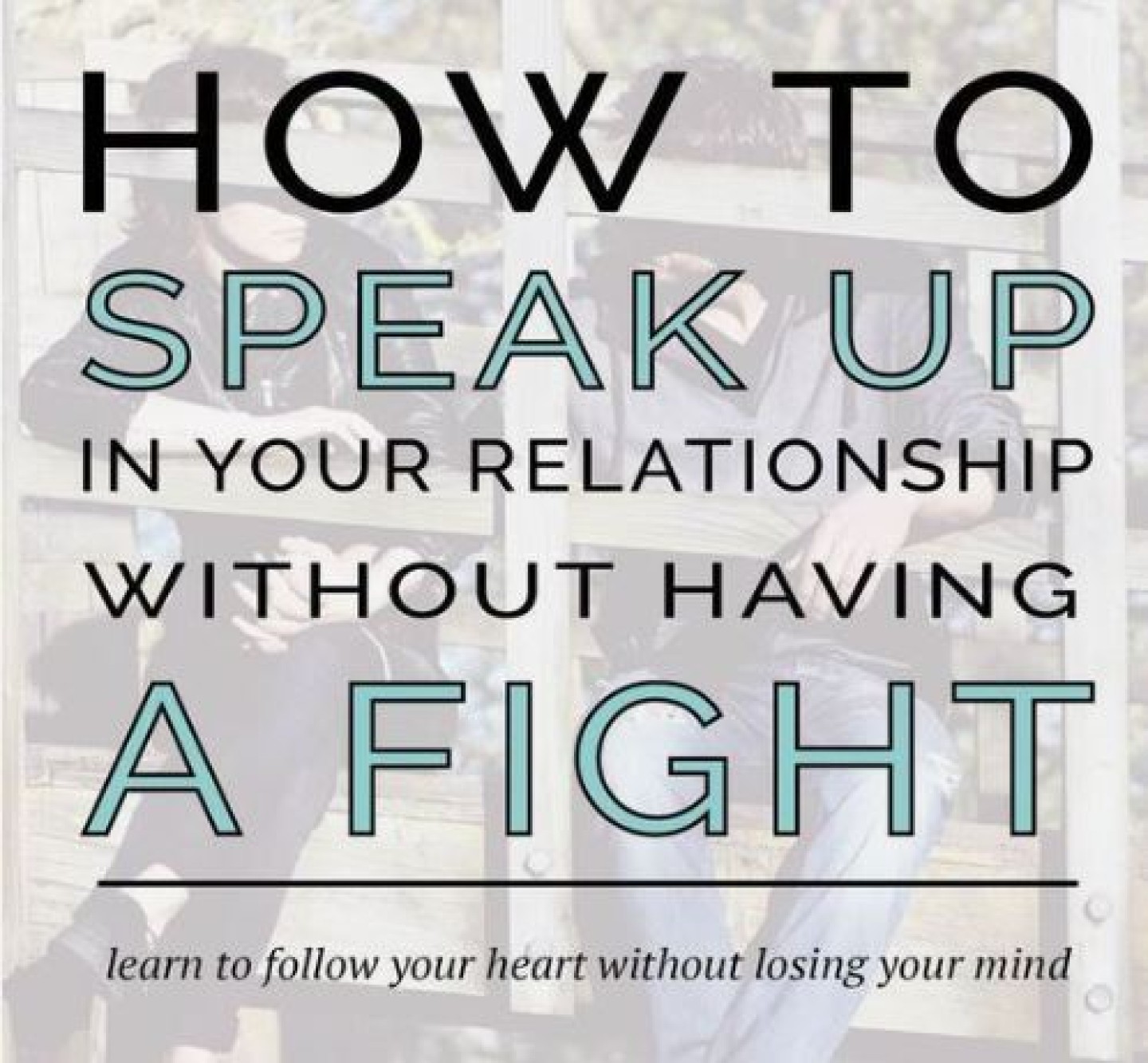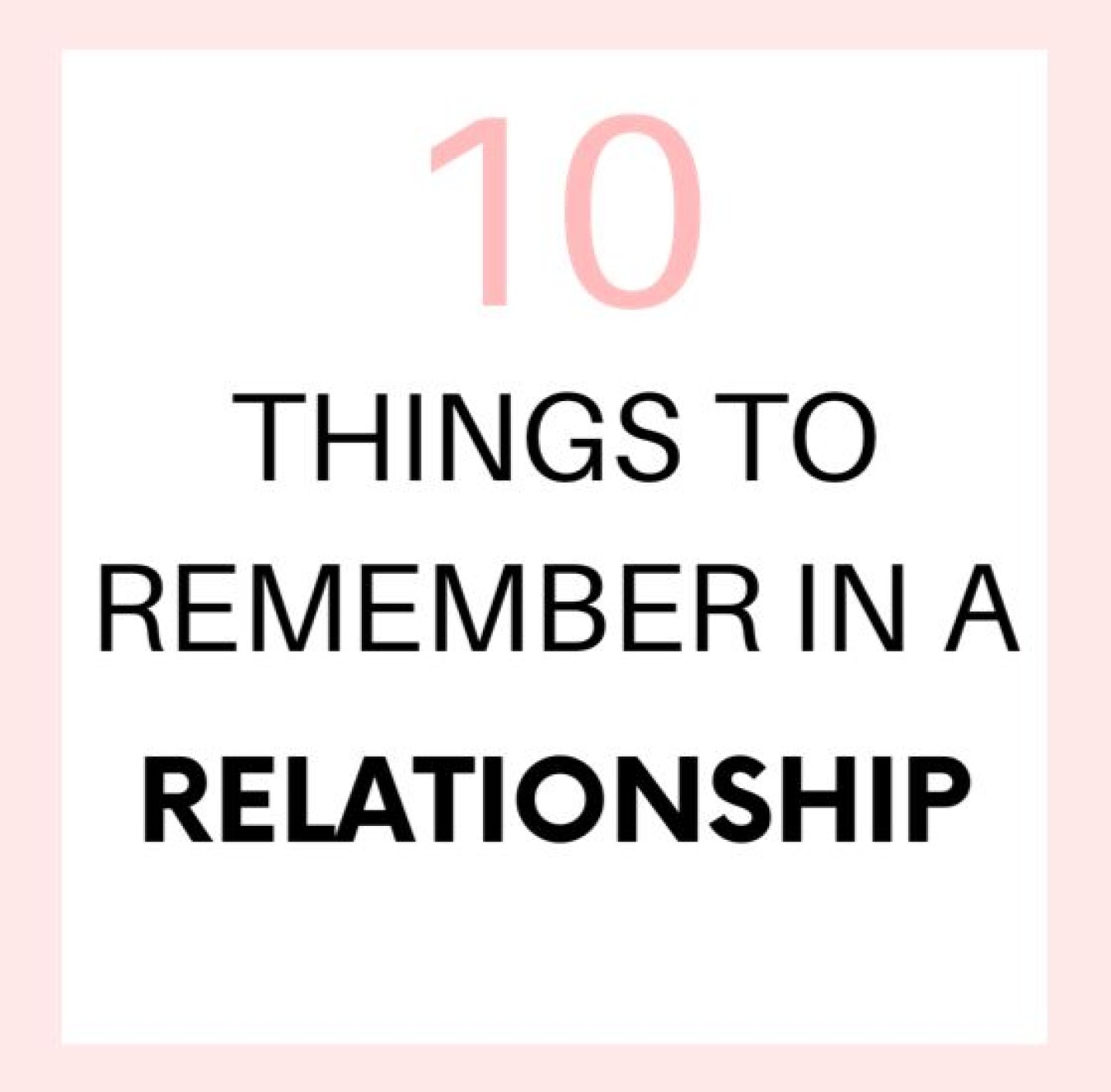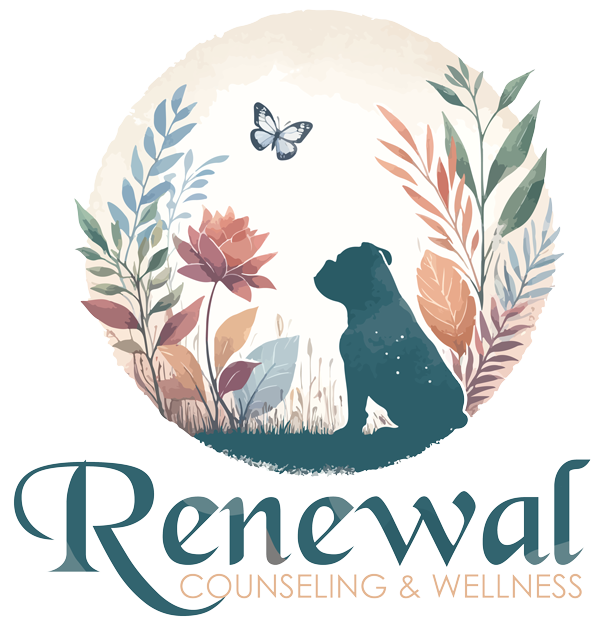When in a relationship, it’s only natural that you experience some bumps in the road. Maybe you’ve hit the end of your “honeymoon phase.” Maybe between work, friends, and family, you can’t remember the last time you said those simple three words. Or, maybe, you’re just in a simple romance rut.
Whatever the case, we’re here to challenge you and your partner to love boldly with our 30-day relationship calendar. Before you get discouraged, these aren’t generic, unrealistic “take a vacation now” tips. Rather, we’ve found 30 simple activities backed by science to improve your romance. Most of the challenges are easy enough to accomplish in the small amount of time you have together and are guaranteed to bring back the fireworks.






